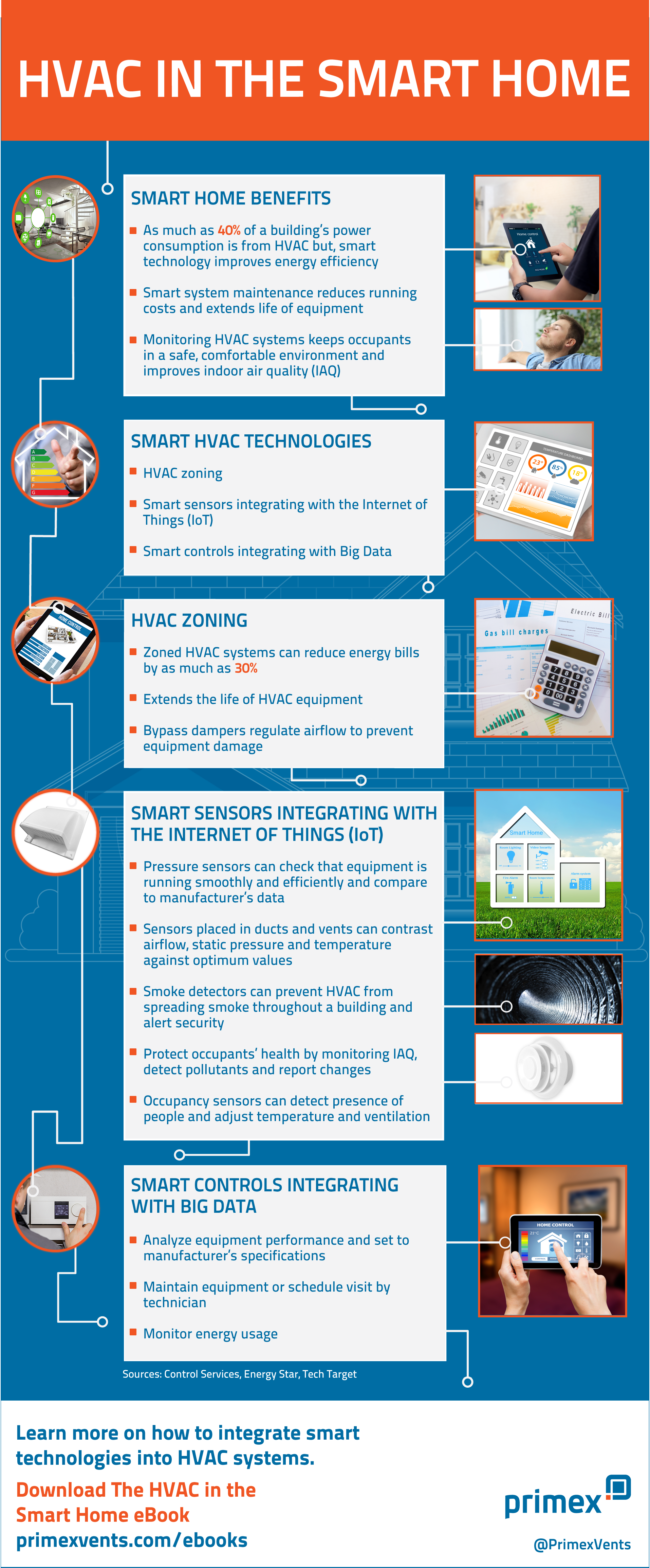The Partnership In Between Weather Issues And Heatpump Performance, Together With Solutions To Improve Effectiveness
The Partnership In Between Weather Issues And Heatpump Performance, Together With Solutions To Improve Effectiveness
Blog Article
Created By-Creech Greve
When it comes to your heatpump, weather condition plays a crucial duty in its performance. From freezing temperatures to sweltering heat, each component can impact how efficiently your system operates. Yet what can you do to combat these weather-related difficulties and guarantee your heatpump is working at its finest? Stay tuned to uncover air conditioning services and approaches to enhance your heat pump's efficiency, regardless of the weather it encounters.
Weather Factors Affecting Heatpump Performance
Weather aspects have a significant impact on the efficiency of heatpump. One essential variable is temperature level. Heatpump function by transferring heat from outdoors to within during wintertime and vice versa in summer season. As temperature levels decrease, it becomes harder for the heatpump to remove heat from the outdoors air, lowering its efficiency.
Another crucial element is humidity. High humidity levels can make it more tough for the heatpump to launch warmth throughout the cooling process.
In addition, wind rate contributes. Solid winds can dissipate the warm absorbed or launched by the heatpump, affecting its general efficiency.
Tips for Optimizing Heatpump Efficiency
To improve the performance and longevity of your heat pump, implementing a couple of vital strategies can make a considerable difference in its efficiency.
To start with, make certain regular upkeep by cleansing or replacing filters every 1-3 months to avoid airflow blockages and make the most of air movement. In addition, timetable annual professional examinations to identify and deal with any potential issues early on.
Ideal thermostat setups likewise play a critical function. Throughout the winter months, go for a temperature level setup that's as reduced as comfortable, and throughout the summer, established it as high as comfy to lower the work on your heat pump. Making use of a programmable thermostat can aid you immediately change settings based on your timetable.
Additionally, sealing leakages in ductwork and insulating air ducts in unconditioned areas can stop energy loss and boost total system effectiveness.
Lastly, consider installing a clever thermostat that can discover your habits and adjust setups appropriately, further optimizing your heat pump's efficiency. By adhering to these ideas, you can ensure your heatpump operates effectively and properly throughout the year.
Best Practices for Weatherproofing Your Heatpump
For ideal efficiency and efficiency of your heatpump, executing weatherproofing procedures is vital. Start by sealing daniel cooper christchurch or cracks around doors, home windows, and ductwork to avoid warmth loss and maintain a consistent indoor temperature.
Insulate revealed pipes and air ducts to prevent freezing throughout cold weather and make sure correct air flow. Take into consideration mounting a safety cover over the outside unit to protect it from extreme weather condition components like snow, ice, and debris.
On a regular basis tidy the exterior system to remove dust, leaves, and debris that can block airflow and decrease performance. In addition, keep the area around the heat pump clear of snow, ice, and vegetation to permit appropriate ventilation.
Verdict
Now that you recognize how climate impacts your heat pump performance, you can take proactive steps to maximize its efficiency. By following the suggestions detailed in this write-up, such as routine maintenance, thermostat changes, and weatherproofing procedures, you can guarantee that your heatpump operates at its finest despite the climate condition. Remain ahead of the game and keep your home comfortable throughout the year.
